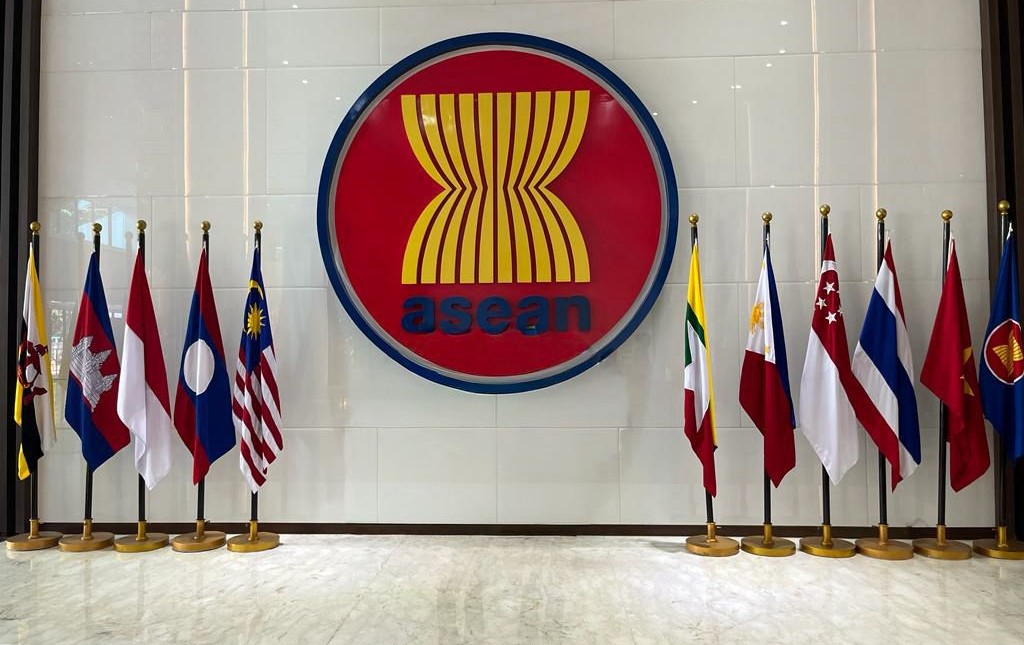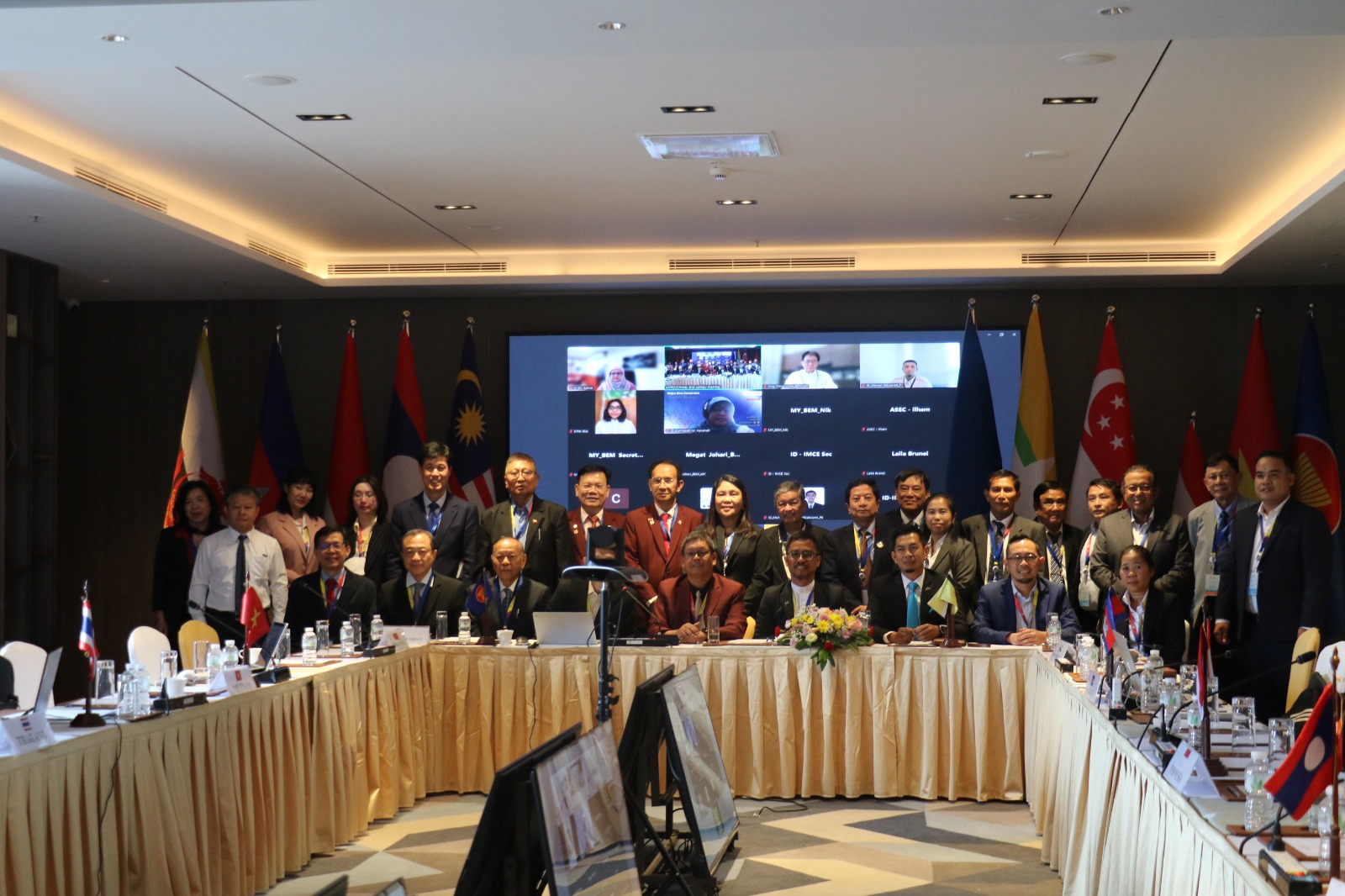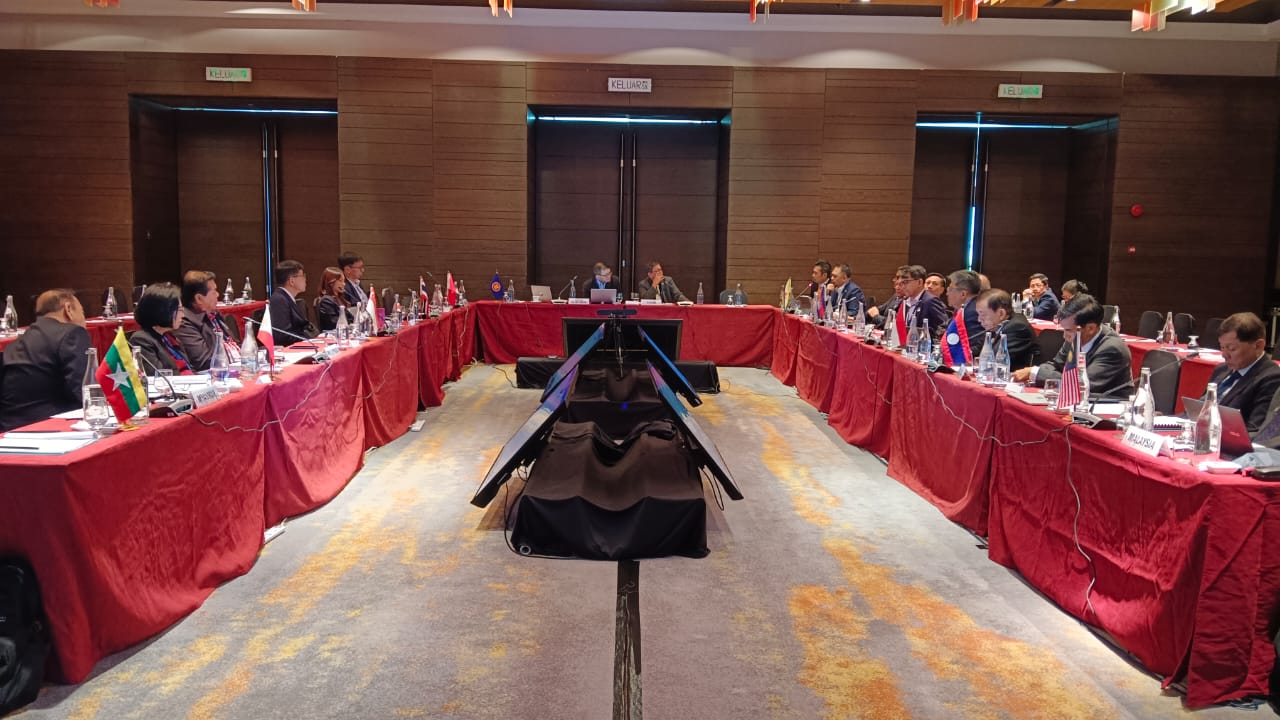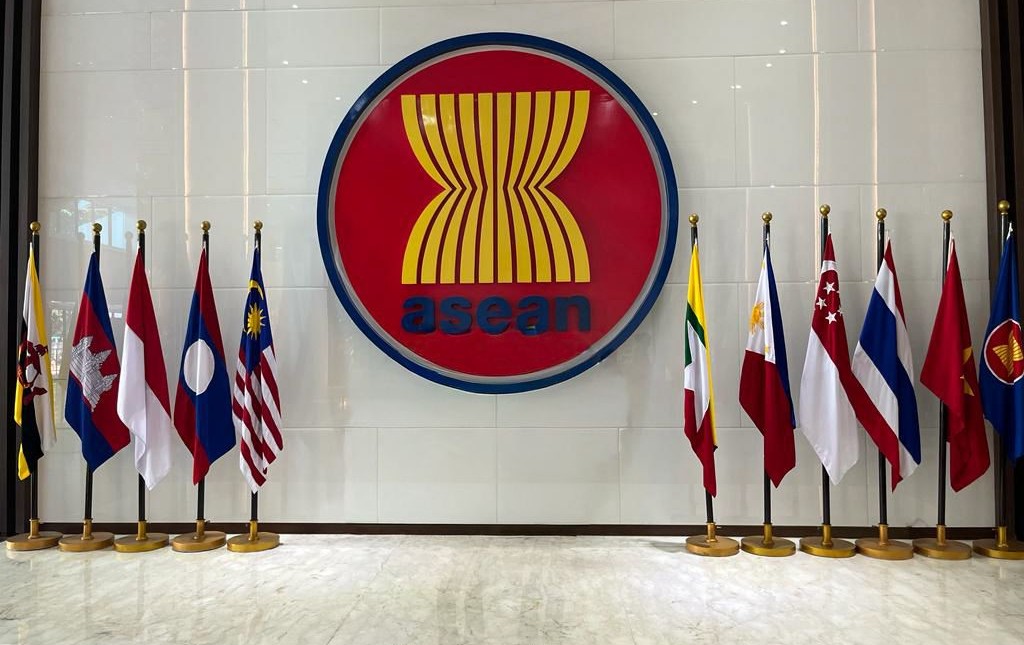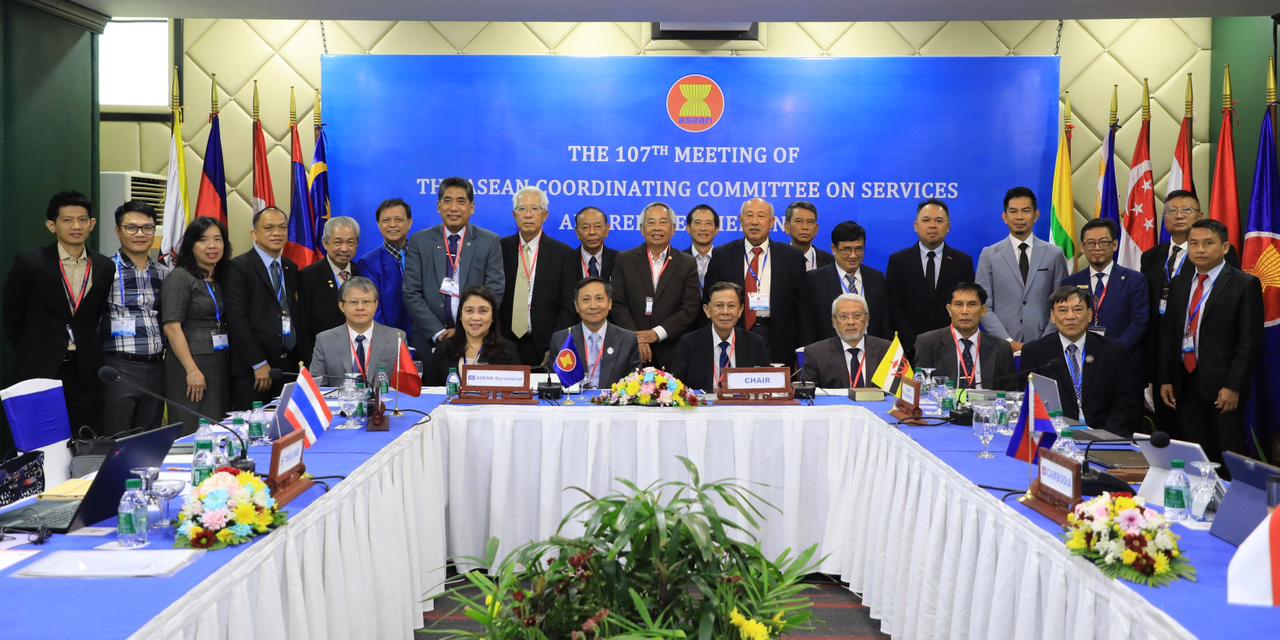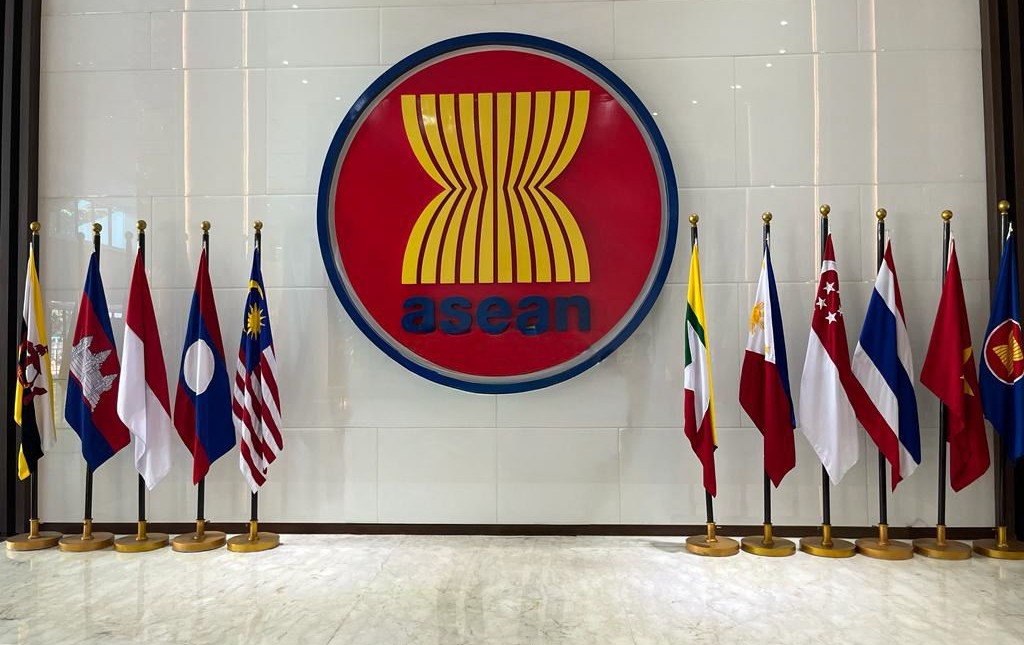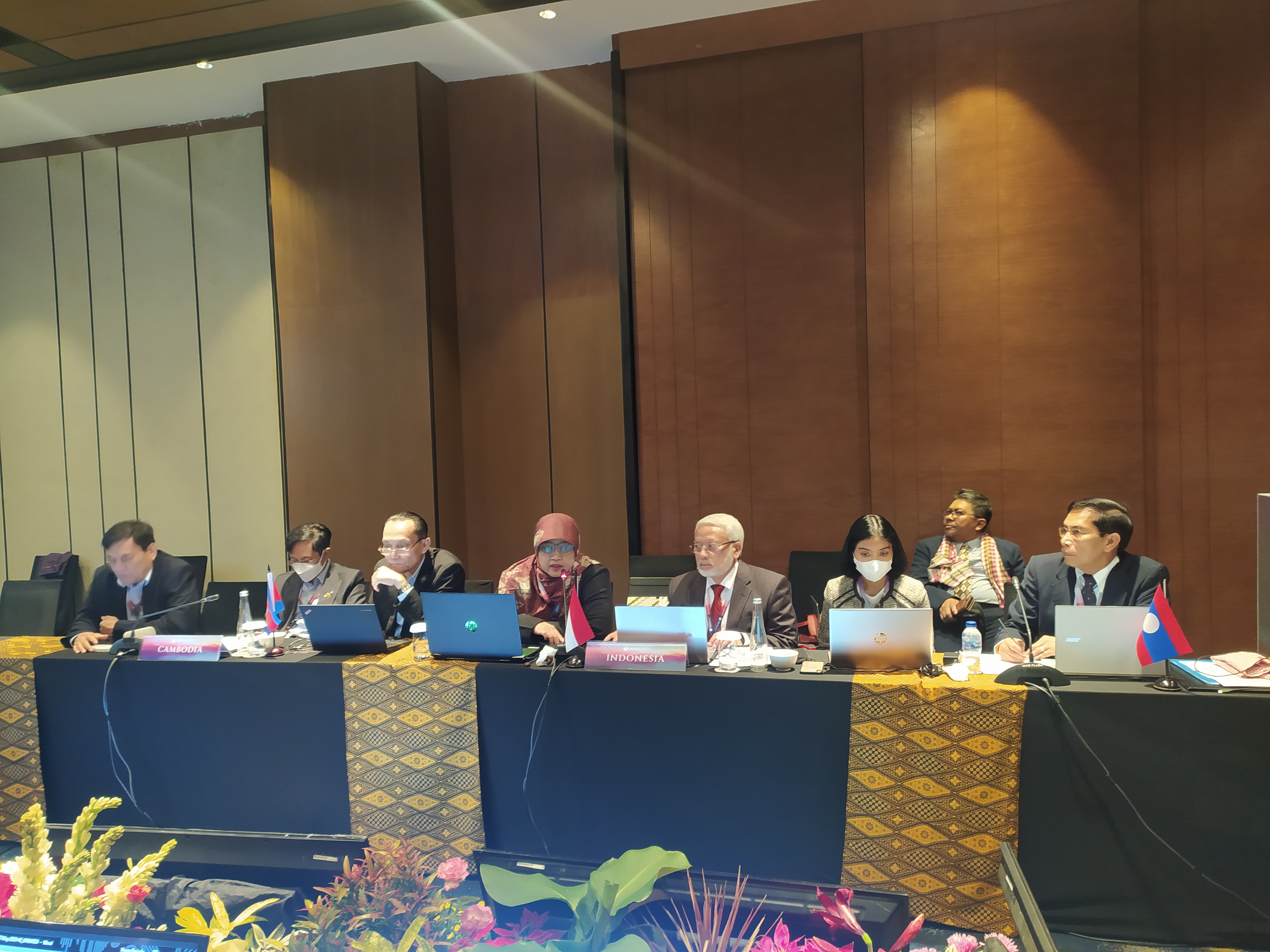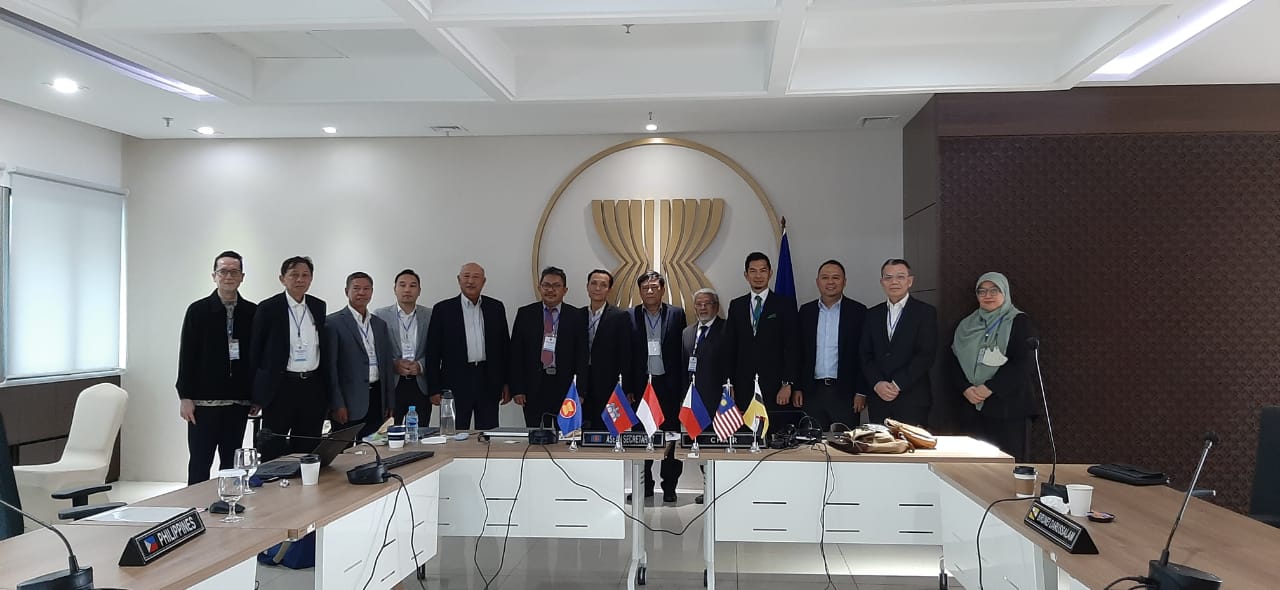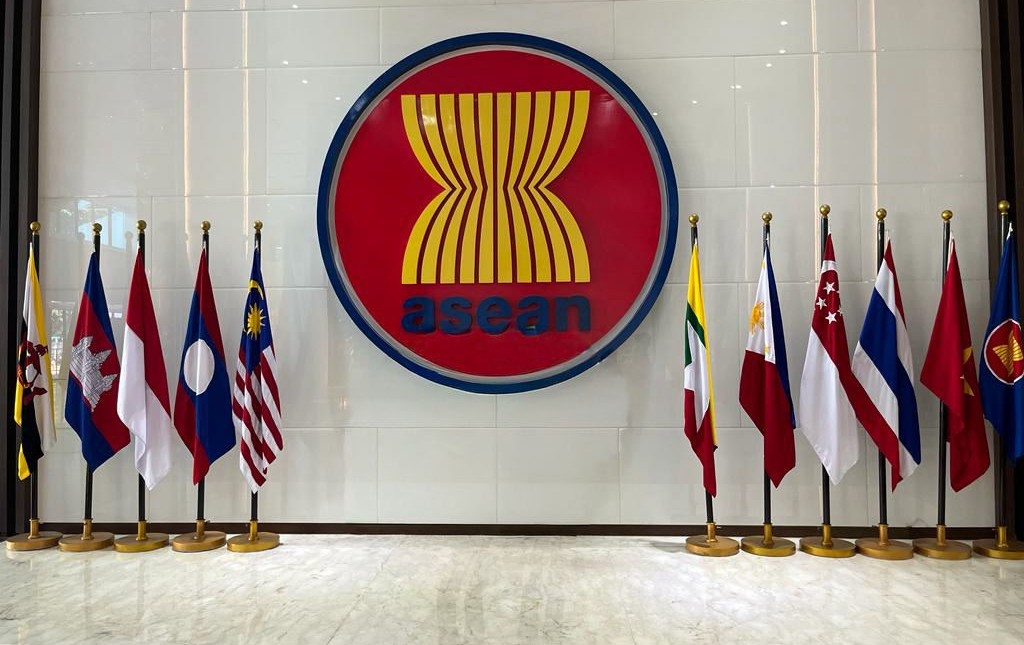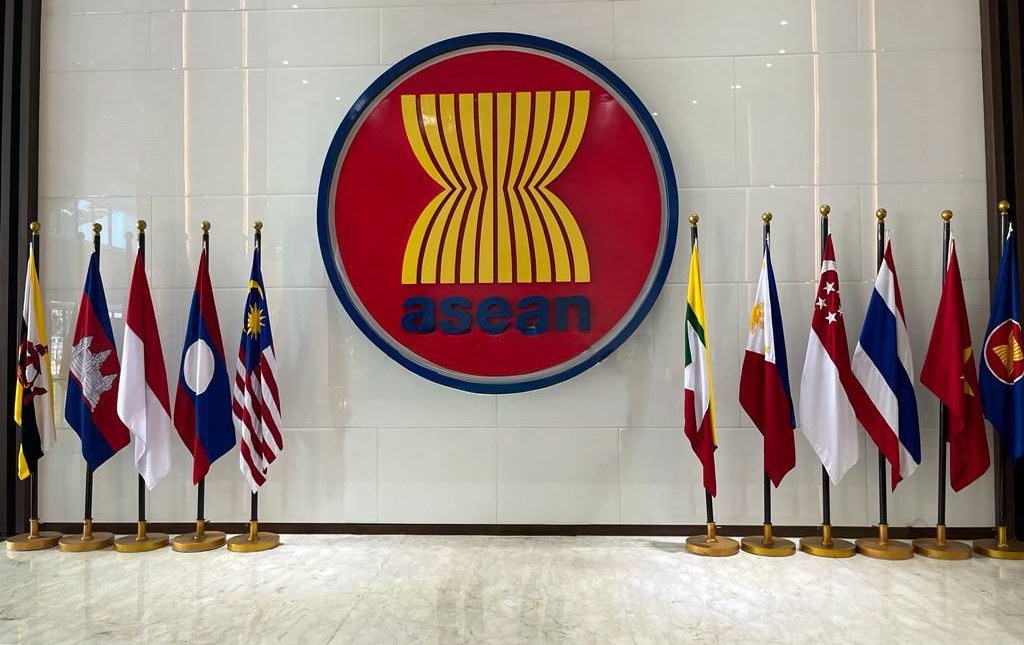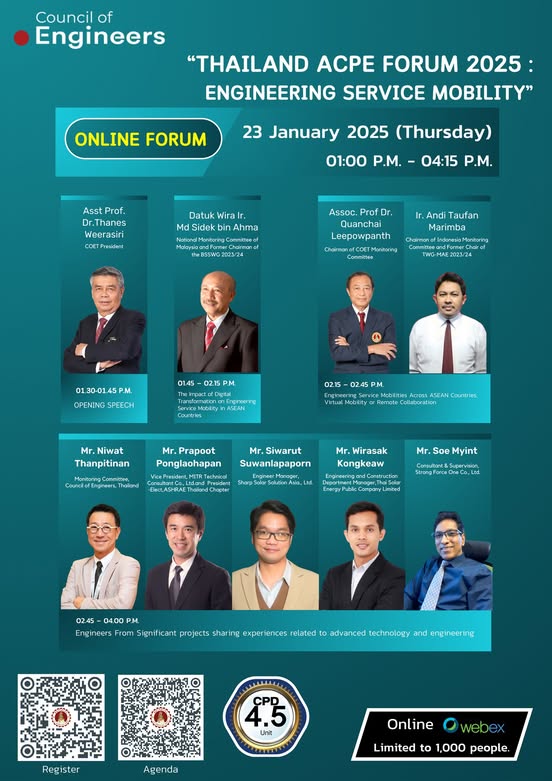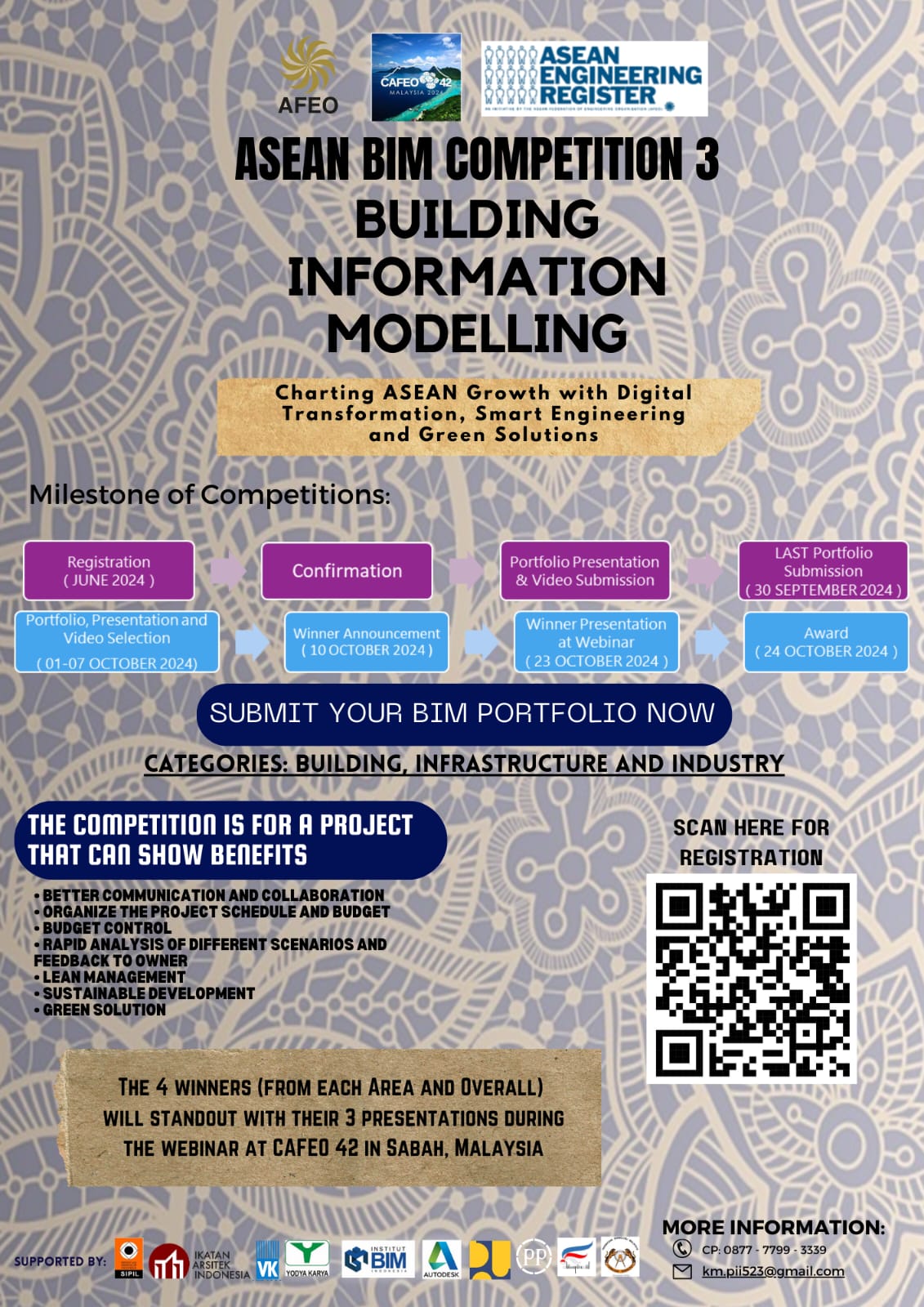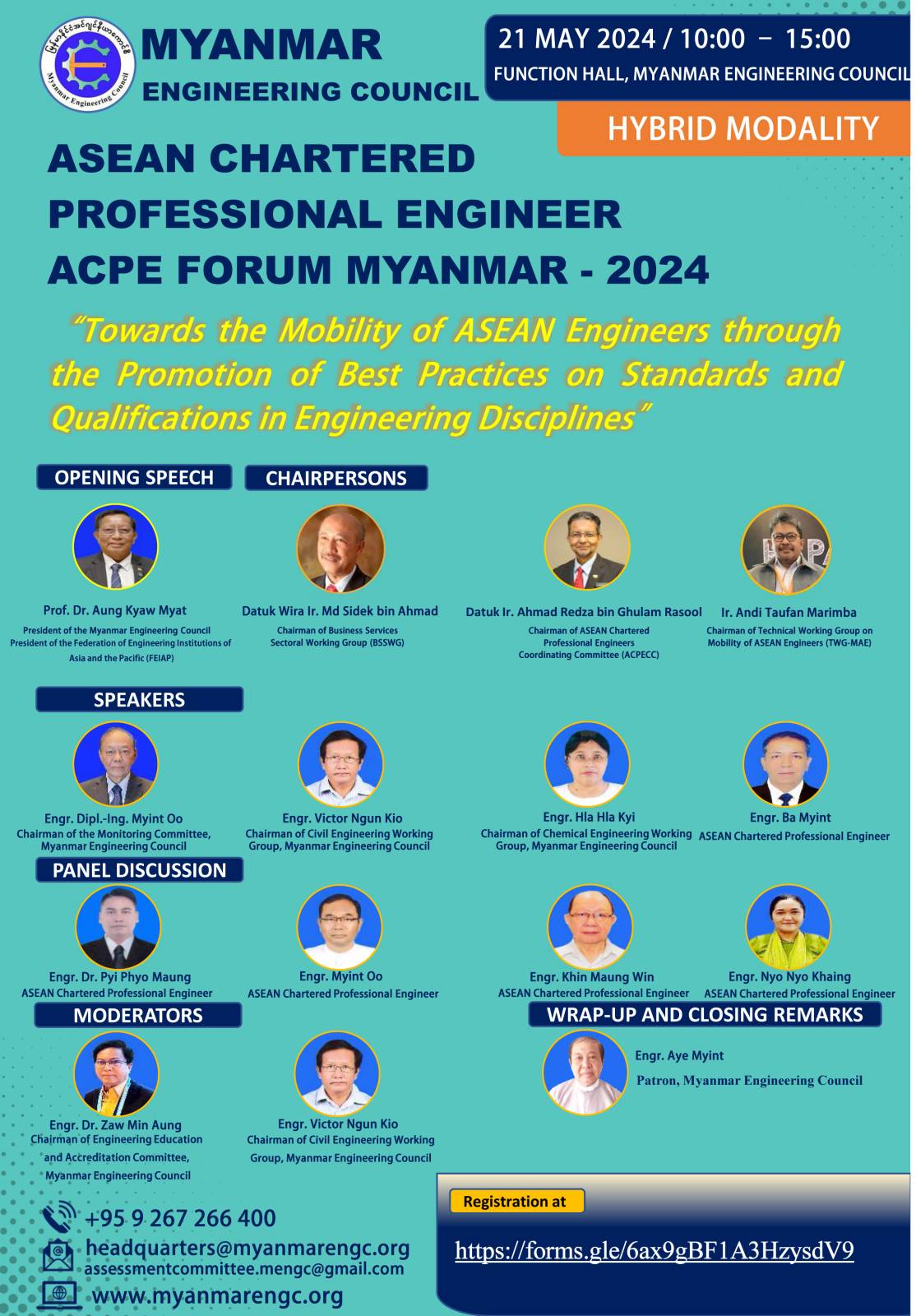 15 Oktober 2025
15 Oktober 2025 The ASEAN Chartered Professional Engineer Coordinating Committee (ACPECC) approved 320 new chartered professional engineers during its 51st meeting held in Bandung, Indonesia on February 26, 2024, bringing the total number of active ACPEs across the region to 7,430.[1]
The meeting, chaired by Malaysia's Datuk Mohd Adnan bin Mohd Nor, considered 321 applications from six member states. Malaysia dominated with 233 applications approved, followed by the Philippines (50), Indonesia (23), Cambodia (10 out of 11 applications), Thailand (3), and Brunei Darussalam (1).
Malaysia Resolves Previous Classification Issue
Malaysia successfully resubmitted one applicant who was deferred during the 50th ACPECC meeting due to engineering discipline classification changes. The committee approved the application after Malaysia explained that new classification rules only applied to registrations approved after October 13, 2021, and the candidate was registered before that date.
Regional Distribution Shows Strong Growth
The latest ACPE distribution across member states shows Malaysia leading with 3,202 active engineers, followed by Indonesia (1,534), the Philippines (974), Myanmar (622), Vietnam (344), Singapore (344), Thailand (242), Cambodia (114), Brunei Darussalam (36), and Lao PDR (18).
Technical Working Group Advances Mobility Initiatives
The Technical Working Group on Mobility of ASEAN Engineers (TWG-MAE) reported significant progress on several key initiatives designed to enhance professional engineer mobility across the region.
ASEAN Engineering Awards: Member states must confirm cost-sharing arrangements totaling USD 5,000 (USD 500 per country) by March 31, 2024 to move forward with annual engineering excellence awards.
Capacity Building Programs: Cambodia continued discussions with the ASEAN Federation of Engineering Organizations (AFEO) following meetings during the 41st Conference of AFEO in Bali, with plans to attend the mid-CAFEO meeting in Singapore in July 2024.
Internship and Exchange Programs: The committee adopted a concept note for internship and exchange programs, encouraging member states to initiate pilot bilateral or trilateral arrangements before pursuing multilateral programs.
Information Exchange Platform: The Philippines submitted a white paper template for electrical engineering information exchange, with the ACPECC website designated as the platform for sharing engineering standards and facilitating harmonization.
Foreign Professional Engineer Status Grows
Currently, 30 engineers hold Registered Foreign Professional Engineer (RFPE) status, allowing them to practice in countries other than their home nation. Thailand and Malaysia lead with 9 RFPEs each, followed by Singapore (7), the Philippines (3), Indonesia (1), and Brunei Darussalam (1).
Fee Waiver Recommendation
The committee encouraged all member states to consider waiving registration fees for both ACPE and RFPE status to boost professional engineer registration numbers across both registers.
Myanmar Plans ACPE Forum
Myanmar announced plans to host an ACPE Forum in Yangon in May 2024, conducted in hybrid format to accommodate regional participation.
Self-Assessment and Future Planning
The meeting emphasized ACPECC's expanded role beyond registration to include identifying barriers to engineering practice mobility and developing strategies to reduce those barriers. The Technical Working Group was tasked with setting objectives, targets, and timelines for sub-committee initiatives to facilitate mobility of engineering services.









